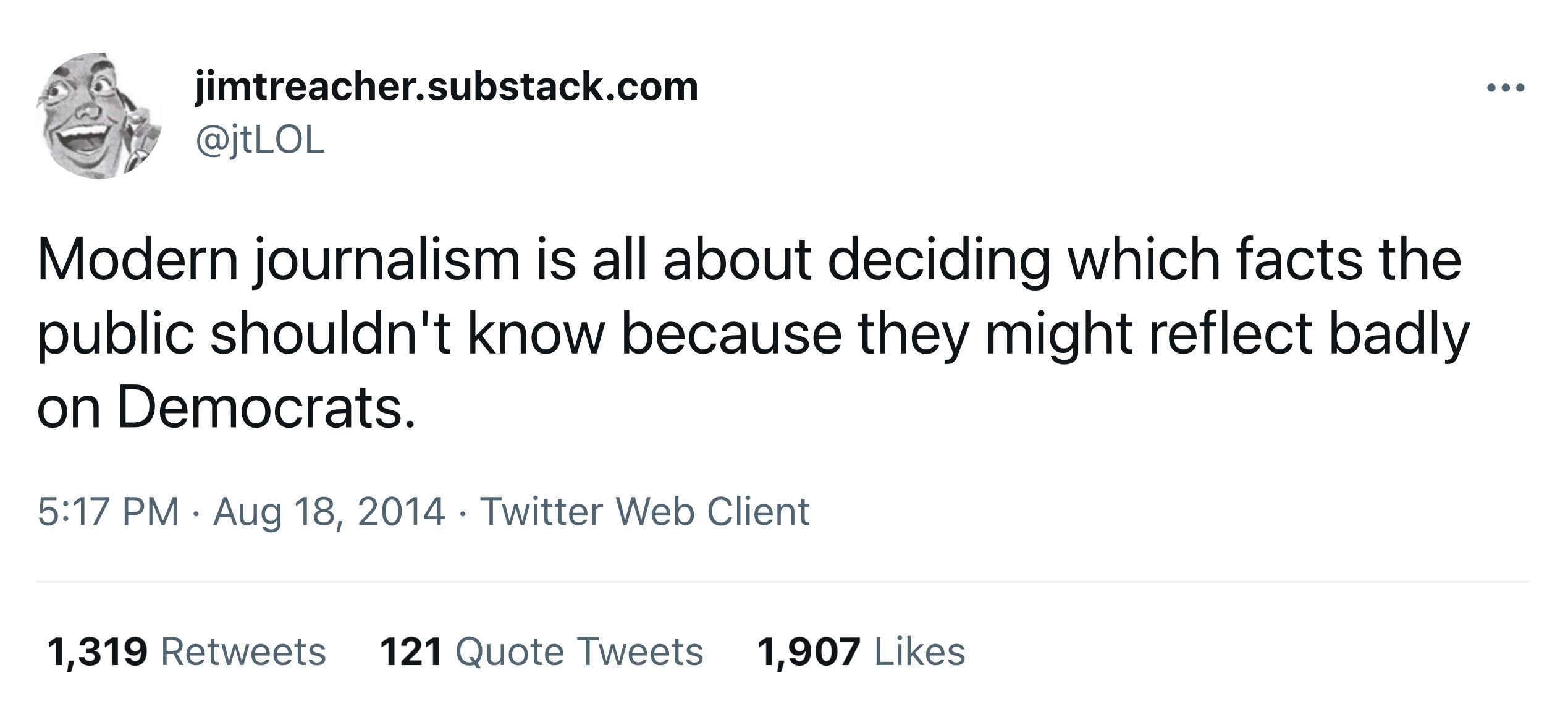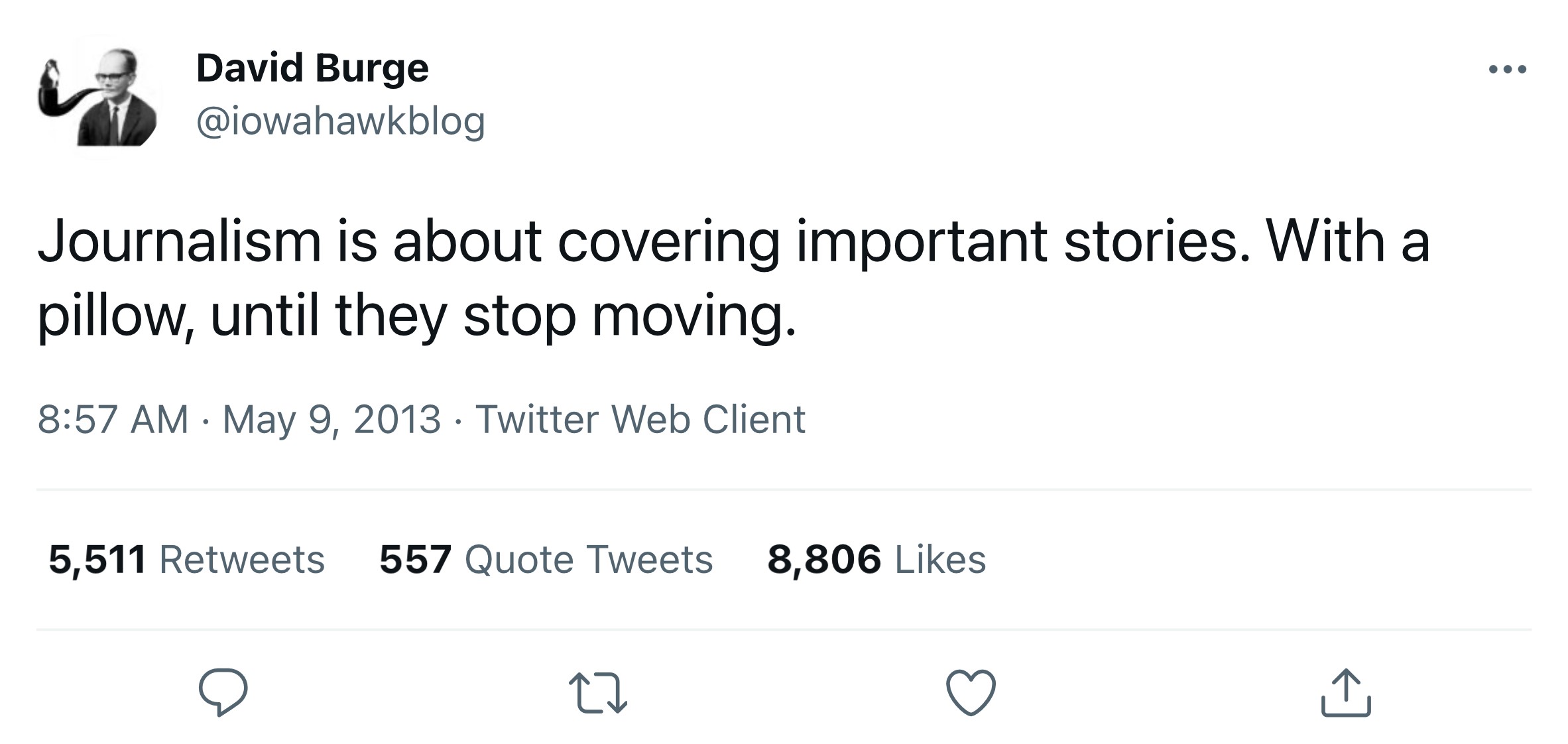SALENA ZITO: The painful story of how John Fetterman arrived at Tuesday night’s humiliation.
For the first time in this election cycle, most of the people sitting around the restaurant bar casually watching the debate saw the depth of the effects of the stroke Lt. Gov. John Fetterman suffered from in May when he began the debate Tuesday evening with a “good night” as his opening greeting to viewers.
It only got worse from there.
For 60 painful minutes, the York native and Harvard graduate, who had made his home in Western Pennsylvania for the last 20 years, struggled vividly with cognitive issues in handling the simplest of questions tossed his way during the debate.
Most of the voters watching had surely seen him speak at small rallies, where he struggled but on the surface seemed OK. But only now were they fully realizing that he was just repeating memorized lines and could not actually comprehend when others tried to converse with him.
Many of those watching had no idea how bad Fetterman’s health was, causing disbelief that no one had reported this sooner. And many were angry that Democrats and reporters knew all about it and said nothing.
The one reporter who did mention Fetterman’s inability to converse — NBC news reporter Dasha Burns — was viciously attacked for her dispassionate reporting, not just from Fetterman’s campaign and supporters but also by blue-check journalists on Twitter and her own NBC News colleague Savannah Guthrie.
Related: The Reputations Ruined by the Pennsylvania Senate Debate.
We were warned again when a journalist committed the unforgivable professional sin of relating to her audience her observations about the candidate’s health. When NBC reporter Dasha Burns was granted rare, intimate access to the candidate in October, she concluded that Fetterman’s impairments were so significant that even assistive technology didn’t help. She noted that “it wasn’t clear he was understanding our conversation,” and she was immediately body-checked by some of media’s most prominent members and institutions.
The Associated Press, no less, published a report on the extent to which her “comment about Fetterman draws criticism,” a reportorial endeavor that consisted almost exclusively of curating mean tweets. “This is just nonsense,” podcaster and reporter Kara Swisher said of her colleague’s observation. “Maybe this reporter is just bad at small talk.” Fetterman’s “comprehension is not at all impaired,” insisted Rebecca Traister. She had only recently authored a confused profile of the candidate in which she alleged that his condition is simultaneously imperceptible, improving, and such a struggle that it has made Fetterman “even more familiar to voters.” Worst of all, the AP reported, “the conservative website Townhall.com tweeted Burns’ quote.” You get the picture: Dig too deep, and you’re only going to give the wrong people political ammunition. It worked.
The sunk-costs fallacy describes a tendency to devote ever more resources to a lost cause rather than simply take the loss. And for Fetterman’s media boosters, some of whom sunk so much reputational capital into the idea that the Senate candidate was up to the job, Tuesday night’s debate was a big loss. But rather than concede that fact, their crusade continued with the fury of an addict chasing a high.
To the members of the Philadelphia Inquirer’s editorial board, Fetterman turned in a workmanlike performance. He “had zingers.” He produced “mostly direct, thoughtful answers” even if his delivery was off. “He struggled, more than many were comfortable with,” one editor allowed, “But that says more about us, than him.” “Fetterman’s style may be halting,” New York Times editor Sheryl Gay Stolberg admitted, but “Everyone knew what he meant.”
Burns actually reported bad news about a Democrat — no wonder her fellow Democratic Party operatives with bylines turned en masse to attack her.


